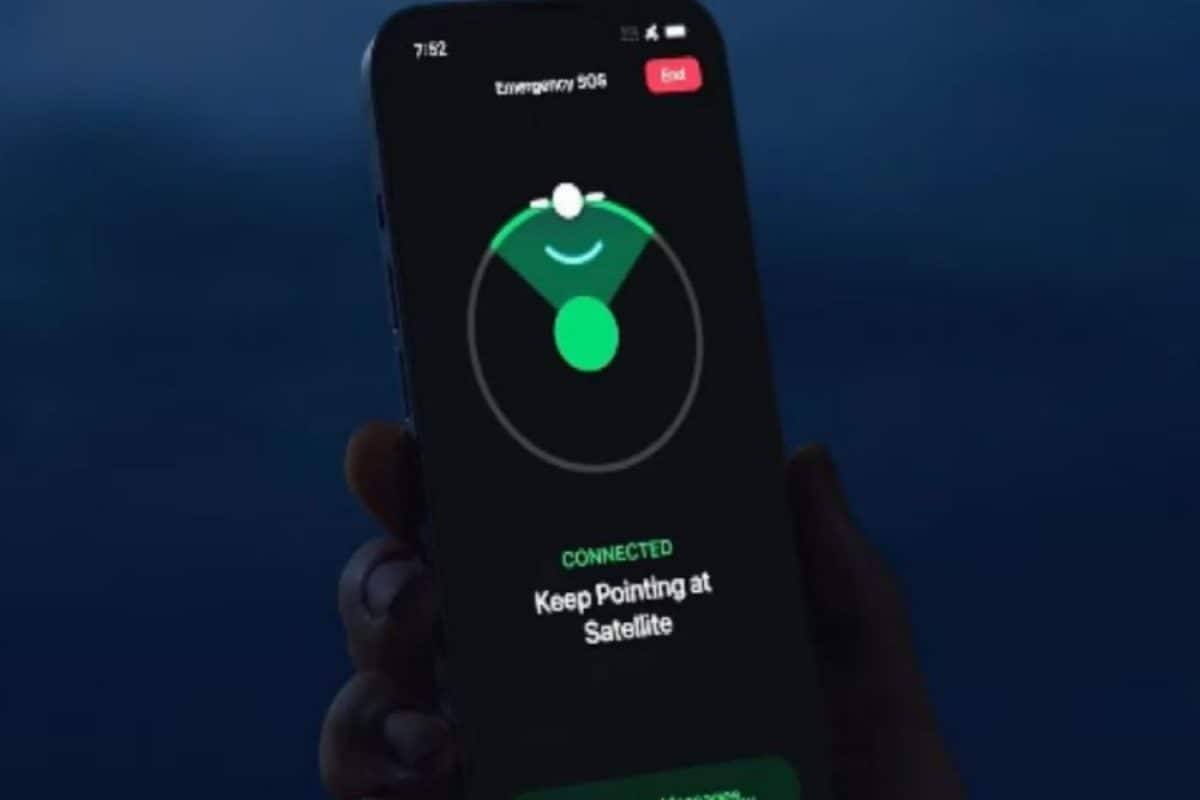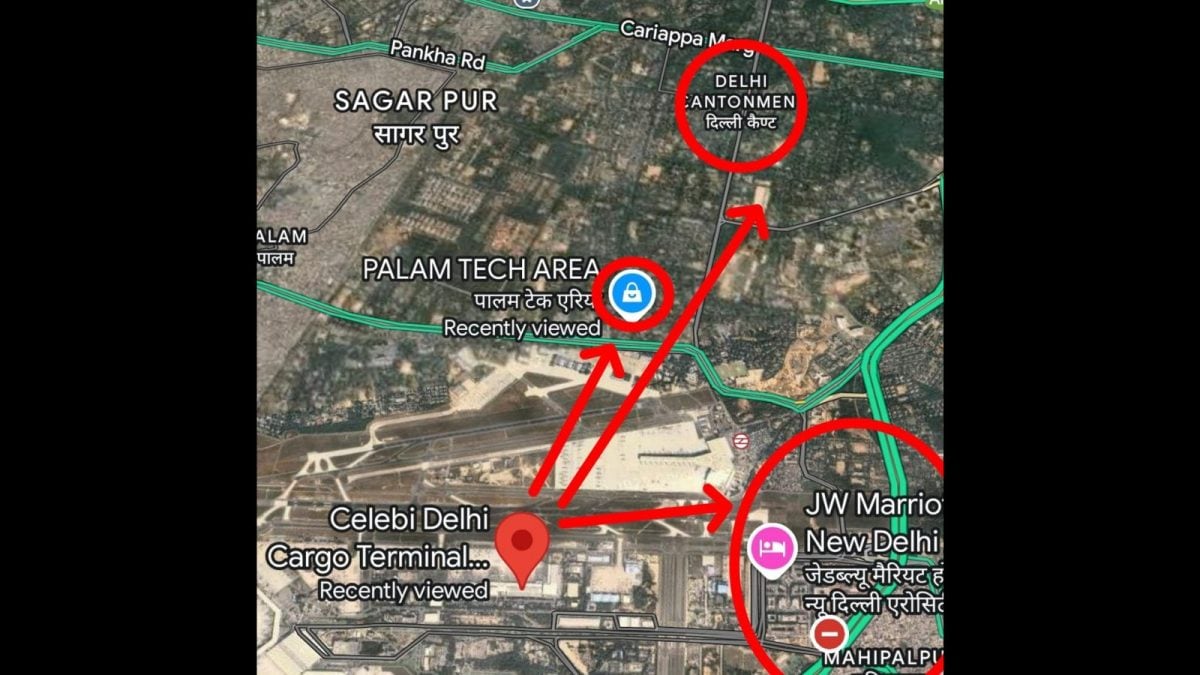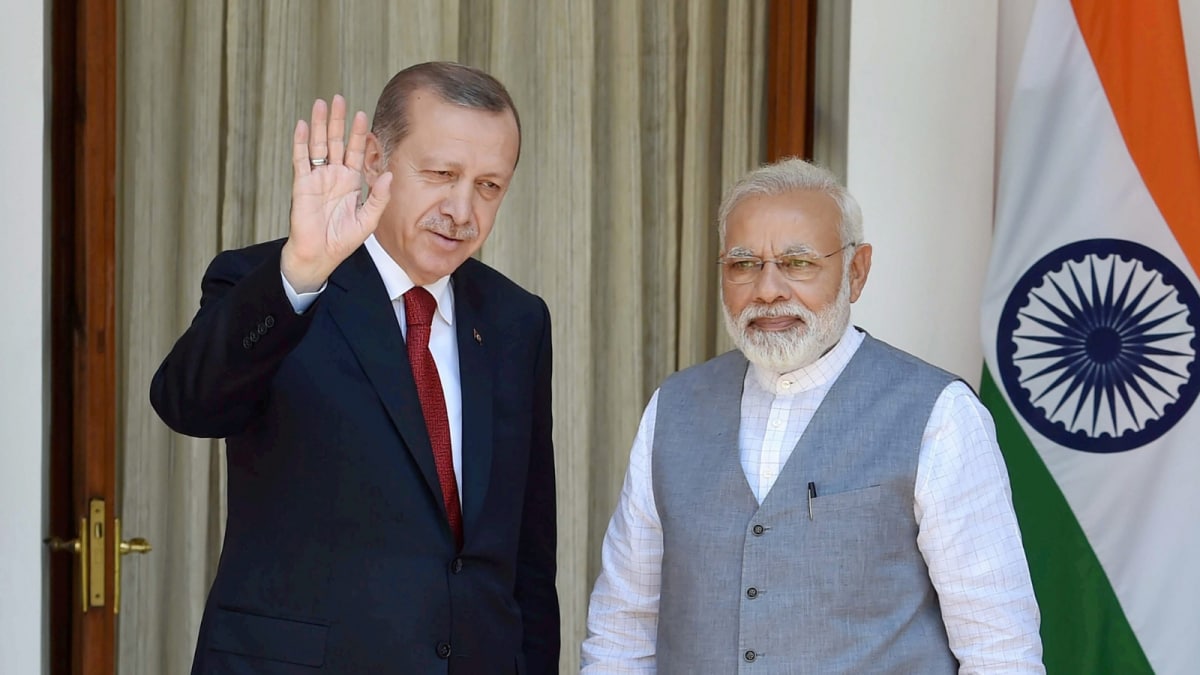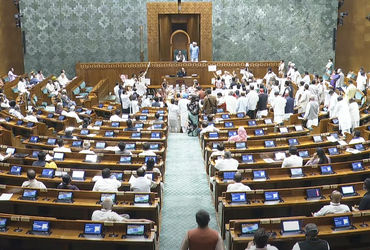Parliamentary panel proposes tax exemptions on anonymous donations to religious, charitable trusts
AI generated imageA parliamentary panel, spearheaded by BJP leader Baijayant Panda, has favoured tax exemption on anonymous donations made to religious and charitable trusts in the new Income Tax Bill, an alternative to the Income Tax Act of 1961.The new Income Tax Bill 2025 was introduced in Parliament this week. It was argued that taxing relious-cum-charitable donations negatively impacts the operations of NGOs engaged in public service. Donations of various amounts are often made anonymously into donation boxes, making it practically impossible to identify the donors.Under Section 115BBC of the Income Tax Act, 1961, tax benefits are provided on donations made to fully religious or religious-cum-charitable trusts.However, in the new draft income tax bill, Clause 337 proposes a flat 30% tax on anonymous donations received by all registered non-profit organisations, with exemptions granted only to purely religious trusts.The suggestion was to create a separate category for trusts engaged in religious or public welfare activities and to extend tax exemptions to them. Instead of taxing their gross income, tax should only be levied on the actual income remaining after deducting expenditures. The fundamental principle of income tax is to levy tax on actual net income, not gross receipts. Hence, imposing a 30% tax on the full amount of donations contradicts this foundational principle.Religious and charitable trusts that receive anonymous donations often face significant challenges. Many of them engage in both religious and social welfare activities. In such cases, it is not appropriate to exempt only religious trusts from taxation, the proposal said. The draft bill does, however, offer tax exemption on donations made specifically for running educational institutions, universities, hospitals, or for establishing medical facilities.

 |
| AI generated image |
A parliamentary panel, spearheaded by BJP leader Baijayant Panda, has favoured tax exemption on anonymous donations made to religious and charitable trusts in the new Income Tax Bill, an alternative to the Income Tax Act of 1961.
The new Income Tax Bill 2025 was introduced in Parliament this week. It was argued that taxing relious-cum-charitable donations negatively impacts the operations of NGOs engaged in public service.
Donations of various amounts are often made anonymously into donation boxes, making it practically impossible to identify the donors.
Under Section 115BBC of the Income Tax Act, 1961, tax benefits are provided on donations made to fully religious or religious-cum-charitable trusts.
However, in the new draft income tax bill, Clause 337 proposes a flat 30% tax on anonymous donations received by all registered non-profit organisations, with exemptions granted only to purely religious trusts.
The suggestion was to create a separate category for trusts engaged in religious or public welfare activities and to extend tax exemptions to them. Instead of taxing their gross income, tax should only be levied on the actual income remaining after deducting expenditures. The fundamental principle of income tax is to levy tax on actual net income, not gross receipts. Hence, imposing a 30% tax on the full amount of donations contradicts this foundational principle.
Religious and charitable trusts that receive anonymous donations often face significant challenges. Many of them engage in both religious and social welfare activities. In such cases, it is not appropriate to exempt only religious trusts from taxation, the proposal said. The draft bill does, however, offer tax exemption on donations made specifically for running educational institutions, universities, hospitals, or for establishing medical facilities.
What's Your Reaction?























































































